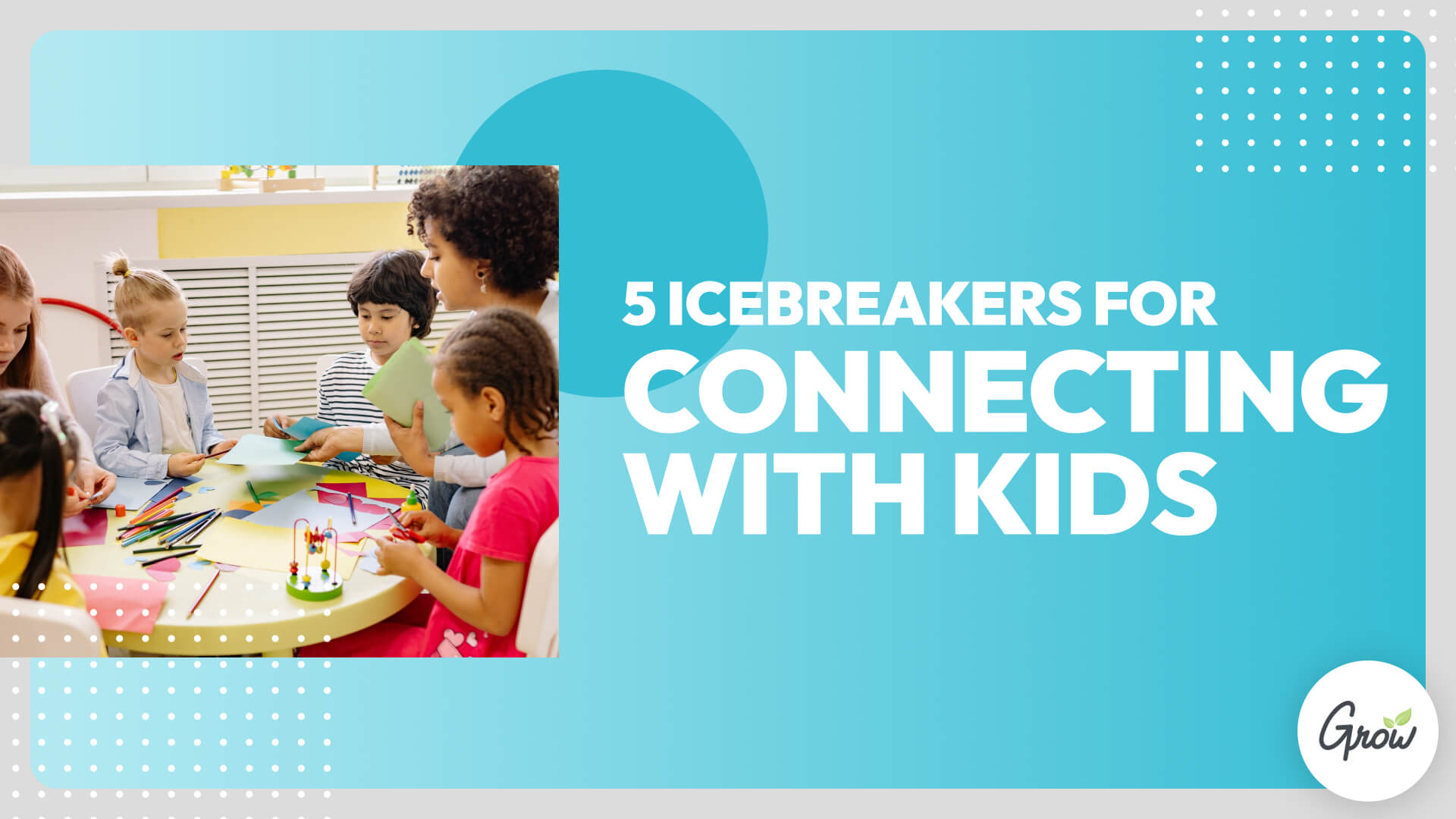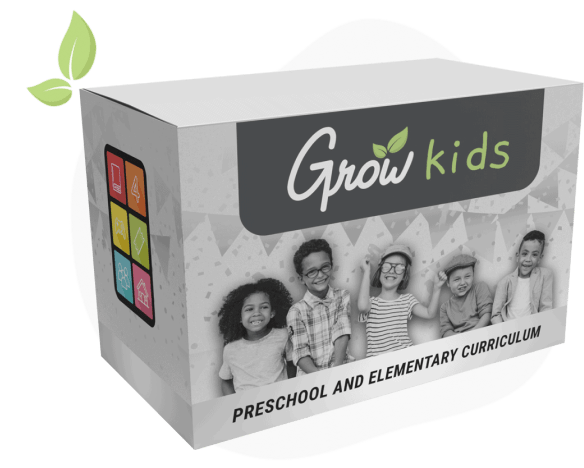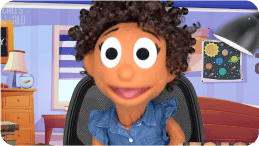Leading a small group of kids can feel a lot like herding kittens. They might not all be paying attention. They might be making noise. And at least one of them is ready for a snack. So, you gather them up and … want them to talk about their faith?
What could possibly go wrong 😅 ? How can you get them to focus while harnessing all of their energy for just a few moments?
If that’s a question you’ve wondered, you’re not alone. Leading a small group of kids is tough, and we can’t promise an overnight change in the dynamic of your group. We can offer you some ways to reconsider how you engage and approach the kids in your group, though.
So, if you’re a kids pastor reading this, we’ve got a few ideas for how you can train your volunteers to kick off each of their small group gatherings. And if you’re a volunteer yourself, we’ve got a few different strategies for what you can say to get your kids’ attention. And all of it starts with why you might be leading a small group in the first place.
Small groups are one of the most important parts of your discipleship strategy (and if you don’t have a discipleship strategy, you can steal ours!) Small groups are spaces where kids can start to discuss the things they’ve just heard in the message or lesson. This time with their leader and other kids gives them some space to start to apply biblical teachings to their own lives. As a small group leader to kids, you get to help them make connections and unpack the lesson in their own words, uncovering the next steps God is inviting them to take.
That means your job is to help facilitate a conversation that gets kids thinking. Now, this isn’t necessarily the type of conversation you’d expect from an adult or teenager volunteer. You just want kids to start to remember the most important parts of the story, the Big Idea or main point, and why that’s important for them to know or live out.
And if your kids are full of energy or need a bit of prompting to start talking and thinking through the lesson, your approach can be the same. You’ll want to capture their attention through an activity or a really great question.
As a small group leader, you might be tempted to “go deeper” with your kids, but they may not be as ready for that as you think. At least not right away. While some kids are naturally curious and ready to engage with those types of questions, it may be best to ease the whole group into the conversation by opening with an icebreaker.
In some circles, icebreakers are looked at as if they’re a waste of time. People have seen them as “meaningless” or “empty” questions that don’t get to the heart of what’s really important. But really, they’re the exact opposite. A good icebreaker paves the way for kids to open up and talk. They help the group relax, transition to a new part of the service, and start talking—even if it doesn’t seem directly connected to the “actual” topic of discussion.
The next time you meet with your small group, whether they’re ready to take on all of your questions or a little more reserved, try using one of these icebreakers to get them talking and thinking.
WOULD YOU RATHER?
These questions are some of the most well-known icebreakers in kids ministry, and for good reason. Just take two random ideas and ask the group which they would prefer, like …
- Would you rather time travel to the past or the future?
- Would you rather have the power of invisibility or the ability to fly?
- Would you rather live in a world without social media or a world without video games?
- Would you rather eat pizza that tasted like fish or eat fish that tasted like pizza?
In most scenarios, the weirder the pairing, the more likely you are to get a good conversation going. Plus, you can always ask kids to explain the reasoning behind why they’ve made their choice. It’s a great way to get them talking about their preferences.
A SILLY INTRODUCTION
Another way to get kids talking and thinking is by asking them to introduce themselves in a silly way. You could have them …
- Say their name and which emoji represents them.
- Introduce themselves with their favorite animal sound.
- Pick a unique hand motion that will replace their name for the rest of your time together.
Just remember to not go too silly with this one. You want to give kids a place to funnel some of their energy as you move toward your discussion time.
WHAT’S YOUR FAVORITE…?
At first, this basic question can seem … not so interesting. What’s your favorite movie? Video game? Song? These are great things to ask your group, but they’re not the only way you can ask this question. What makes this a great icebreaker is the level of detail you can add to the last part of the question.
- What’s your favorite food to eat when you’re sick?
- What’s your favorite memory with your best friend?
- What’s your favorite cheesy dance move, and can you show it to us right now?
With just a little bit of a twist, you can unlock a completely different direction of the conversation while inviting your small group to laugh and share the things they love with each other.
GUESS WHO
With this icebreaker, you’ll need to collect a few facts from each of the members of the group. Then, read off each fact and have the group try to guess who the fact belongs to.
This icebreaker can take some extra time, so be prepared. But it might be worth it for your small group to get to know each other on a new level. If you need to, you can change up this icebreaker by asking for facts about a specific topic, like pets, nicknames, or favorite school subjects.
MEMORY SWAP
This last icebreaker has all sorts of potential. All you have to do is ask the group to share about a memory related to a specific idea, like …
- A smell that reminds them of their favorite season.
- A time they laughed the hardest.
- A person who made them feel welcome.
Your prompts can be funny and lighthearted, or you can be more thoughtful and introspective. What you ask is entirely up to you, as is how you want to lead your small group into their discussion time.
These are just a few of the ways icebreakers you can use to connect with the kids in your small group. A good icebreaker gets your small group talking and thinking as you move the discussion deeper and get them to apply the things they’ve heard in the lesson. That’s why we love small groups so much and think they’re such an important part of your discipleship strategy.
And if you’ve never thought about your discipleship strategy before, that’s alright! You can have ours for free. We developed it over many years of ministry, with input from many church leaders and lots of trial and error. Take it, tweak it, and make it your own. We hope it helps you be a little more awesome at what you do this year!













In this post, here’s what we’ll cover: